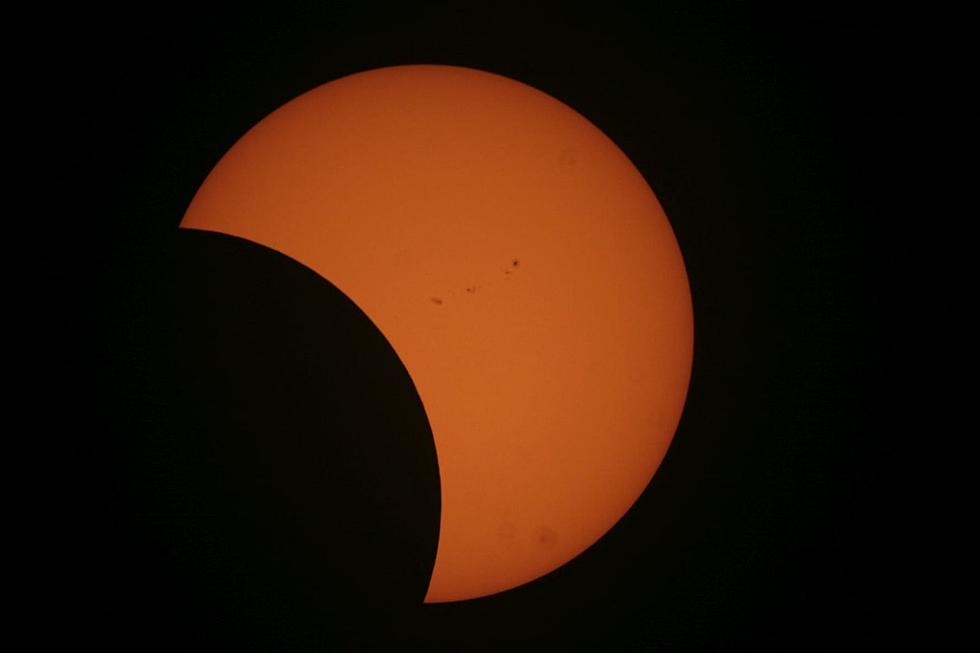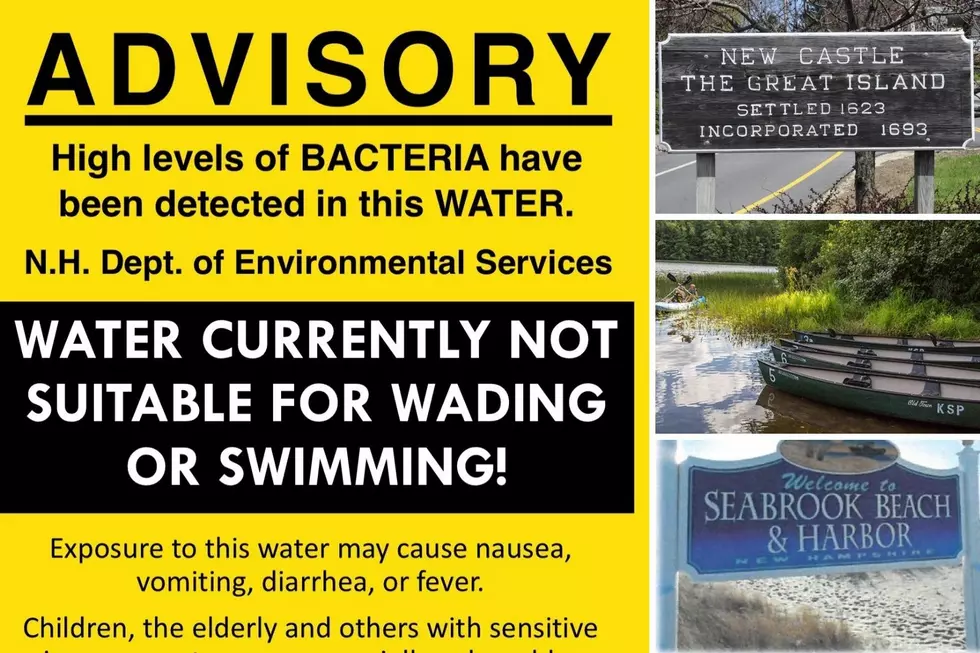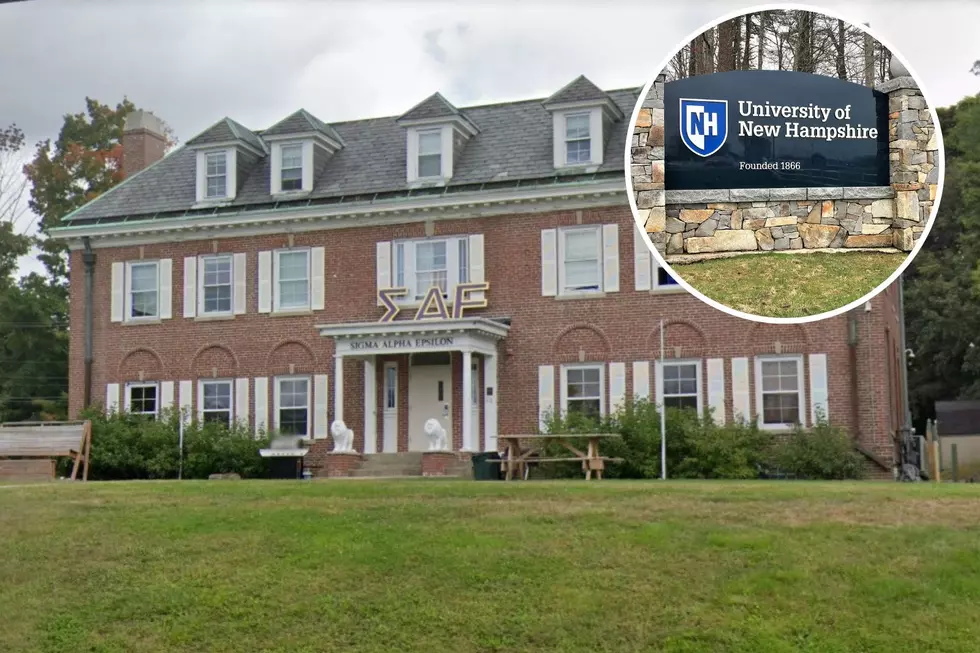
Solar Eclipse Brings Solar Show to the Seacoast Sky
Thursday morning's sunrise will look like it has a bite taken out of it as part of a partial solar eclipse.
The moon will move between the sun and earth annular eclipse to case a shadow on the Earth. During an annular eclipse, the moon is far enough away from Earth that the moon appears smaller than the sun in the sky. Since the moon does not block the entire view of the sun, it will look like a dark disk on top of a larger, bright disk.
This creates what looks like a ring of fire around the Moon. People in parts of Canada, Greenland, and northern Russia will experience this view of the annular eclipse.
UNH Observatory John Gianforte during a presentation on the solar eclipse said the event will already have started when the sun rises on Thursday morning and will look like it has a bite.
"Anyone that has a clear view of the north-northeast horizon and you get up at 4:30 or 4:45 a.m. you'll get a beautiful picture of the sun rising in eclipse," Gianforte said.
"When the sun rises at 5:04 it will rise at 57 degrees in azimuth. That's a compass bearing north of due east. If you got outside with a compass or a compass application on your phone, find the compass bearing 57 degrees and look a little higher," Gianforte said.
He suggested finding a place with a clear view of the sky without "clutter" like trees. The later you view the sun the bigger the missing piece, according to Gianforte. 74% of the sun will be covered by the moon viewing from the Seacoast.
Gianforte strongly advised said that to see the eclipse you one should wear certified solar glasses.
"Or you can make yourself a simple pinhole camera that is a 100% perfectly safe way to look at the sun anytime," Gianforte said.
The event will be over by 6:30 a.m.
National Weather Service meteorologist William Watson told Seacoast Current there should be 20-30% cloud cover at sunrise on Thursday morning that could interfere depending on low or high they are no matter if you're inland or along the immediate coast.
"Not totally clear skies but hopefully there will be enough breaks in the clouds to see something," Watson said.
Contact reporter Dan Alexander at Dan.Alexander@townsquaremedia.com or via Twitter @DanAlexanderNH
LOOK: How well do you know New Hampshire's official state symbols?
More From Seacoast Current








